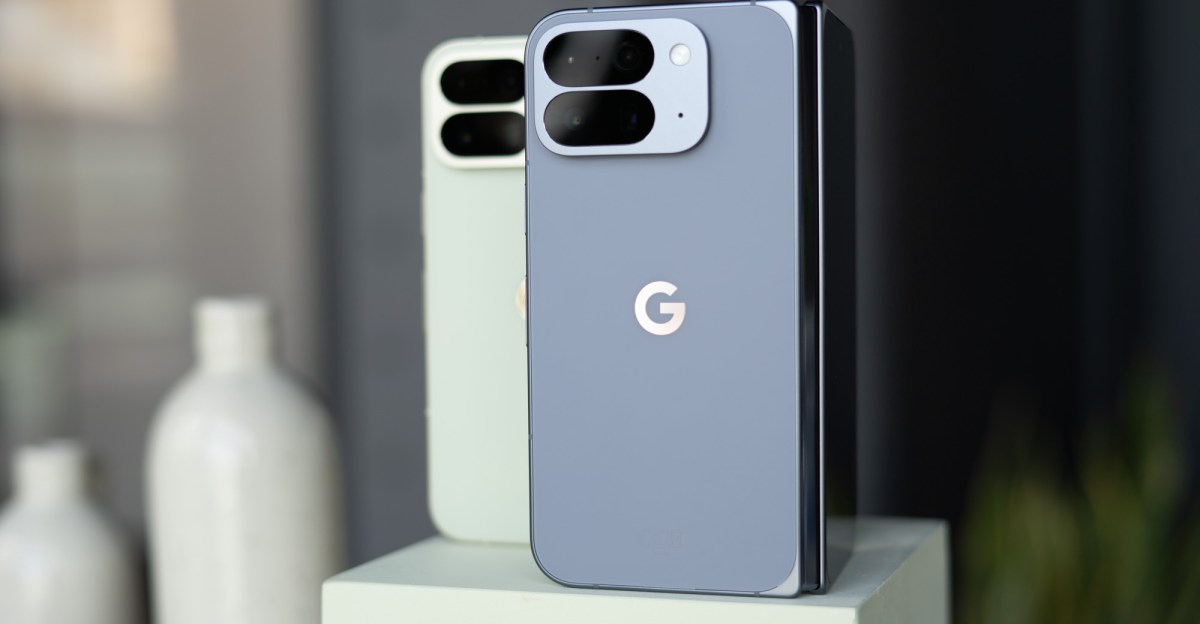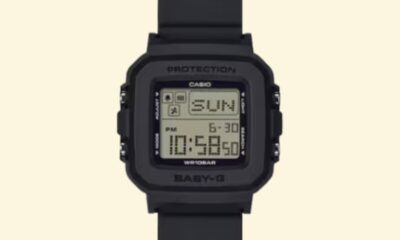Technology
Google Highlights Limits of IP68 Protection in Latest Disclosure

Google has openly addressed a crucial aspect of its Pixel smartphones: the limitations of the IP68 protection rating. In a recent announcement, the company clarified that while its devices are designed to meet the IP68 standard under the IEC standard 60529 when they leave the factory, they are not inherently waterproof or dustproof. This statement marks a rare instance of a major manufacturer directly acknowledging the wear and tear that affects a phone’s protective features over time.
The company’s message, shared through its advertising materials, specifically warns customers that the protective qualities of their devices diminish as a result of normal use. The fine print notes that “water resistance and dust resistance are not permanent conditions and will diminish or be lost over time due to normal wear and tear, device repair, disassembly or damage.” This transparency serves as a reminder that even devices marketed with high levels of protection can be vulnerable if mishandled.
Users should be aware that the warranty for Pixel devices does not cover liquid damage. If a device is found to have water ingress, it is considered evidence of user-induced damage. The disclaimer further stresses that drops and tumbles can also compromise the device’s resistance to moisture and dust, emphasizing that such external impacts are not covered under warranty.
For consumers, this revelation underscores the importance of treating smartphones with care. The statement aims to inform potential buyers of the realities behind the specifications advertised by manufacturers. As technology evolves, understanding the limitations of protective ratings becomes increasingly important for consumers who rely on their devices in various environments.
Google’s proactive approach in discussing these limitations may set a precedent for other tech companies. As consumers become more aware of the nuances surrounding device specifications, manufacturers may need to adopt similar transparency in their marketing strategies.
In addition to clarifying the nature of IP68 protection, Google has also hinted at related topics worth exploring, such as the durability of folding glass used in modern smartphones. Consumers are often surprised to learn that many folding glass devices are shipped with plastic screen protectors that are not intended to be removed.
As the smartphone market continues to grow and evolve, the need for clear communication from manufacturers regarding product durability and limitations remains crucial. This shift toward transparency not only informs consumers but also fosters a more informed purchasing environment, where buyers can make decisions based on realistic expectations of their devices.
-

 Technology5 months ago
Technology5 months agoDiscover the Top 10 Calorie Counting Apps of 2025
-

 Health2 months ago
Health2 months agoBella Hadid Shares Health Update After Treatment for Lyme Disease
-

 Health3 months ago
Health3 months agoErin Bates Shares Recovery Update Following Sepsis Complications
-

 Technology4 months ago
Technology4 months agoDiscover How to Reverse Image Search Using ChatGPT Effortlessly
-

 Technology1 month ago
Technology1 month agoDiscover 2025’s Top GPUs for Exceptional 4K Gaming Performance
-

 Technology2 months ago
Technology2 months agoElectric Moto Influencer Surronster Arrested in Tijuana
-

 Technology5 months ago
Technology5 months agoMeta Initiates $60B AI Data Center Expansion, Starting in Ohio
-

 Technology5 months ago
Technology5 months agoRecovering a Suspended TikTok Account: A Step-by-Step Guide
-

 Health4 months ago
Health4 months agoTested: Rab Firewall Mountain Jacket Survives Harsh Conditions
-

 Lifestyle5 months ago
Lifestyle5 months agoBelton Family Reunites After Daughter Survives Hill Country Floods
-

 Technology4 months ago
Technology4 months agoHarmonic Launches AI Chatbot App to Transform Mathematical Reasoning
-

 Technology3 months ago
Technology3 months agoUncovering the Top Five Most Challenging Motorcycles to Ride




















